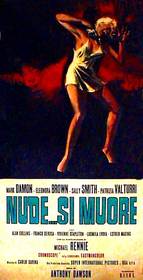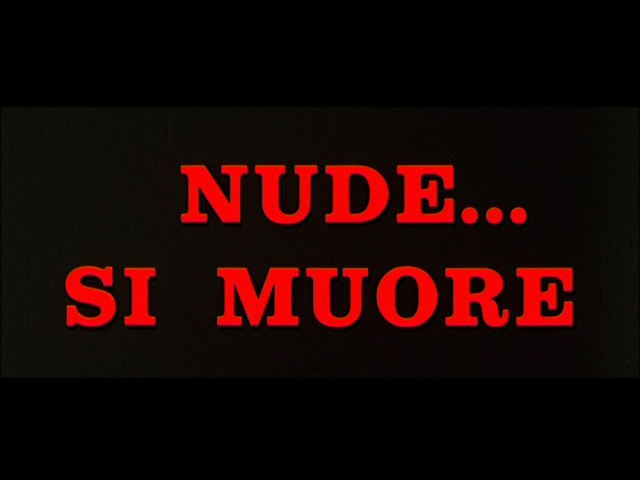
A quintessential example of the genre.
WARNING: Spoilers Below
score analysis
This film has been in my queue for a while. I’m not sure why I avoided it for so long. It might be the lack of an English language dialog track. But now that I’ve invested the time to watch it properly, it might be one of my favorite Gialli from the “proto” period.
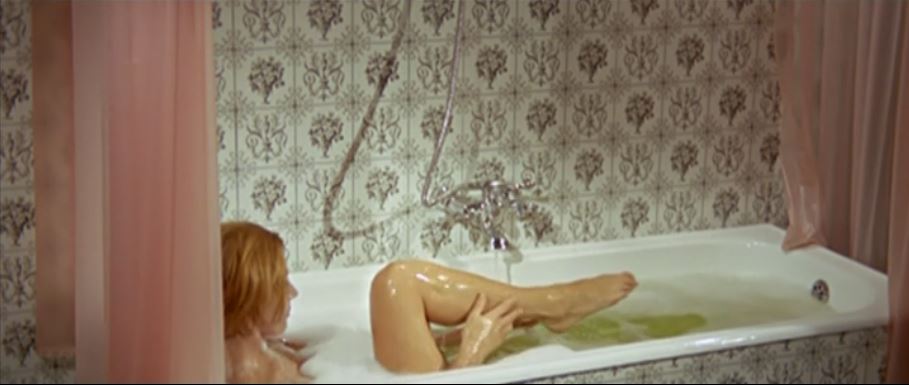
Even though I wasn’t aware of the backstory about Mario Bava’s participation in the production of this film before watching, I was immediately struck by the similarities between this film and Blood and Black Lace. The bathtub murder scene is the most obvious, but more subtly, the film just has that Bava “look” to it. The sets seem to be designed and appointed with Bava’s attention to detail, and camera work embodies Bava’s expertise with depth of field, composition, and movement. This was evident in the “search of the grounds” scene, which would otherwise have been a boring time filler, but held my attention due to the artistic camera movements and editing.
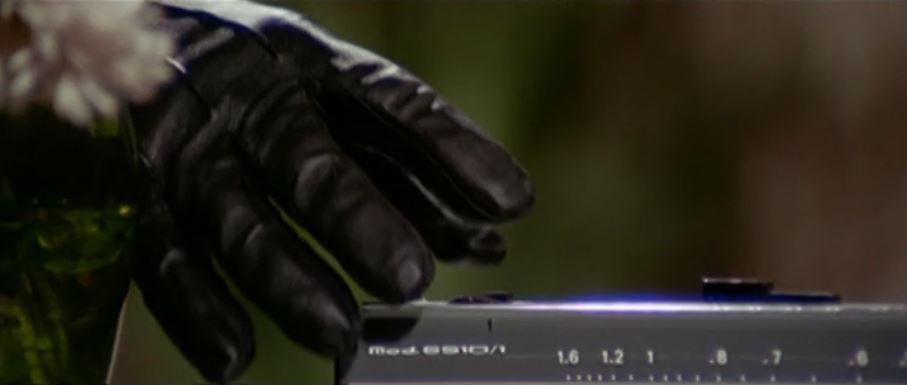
Regardless of who was behind the lens, Naked You Die is more fun than I expected it to be. Many of the Gialli from this period suffer from slower pacing, especially in the second half. But Naked You Die starts out strong, with arguably one of the best pre-credit sequences of the proto-Giallo period, and never really lets up. And while it’s risky to set an entire film in a single location, the variety of characters and well paced plot propelled the story along and kept me interested.
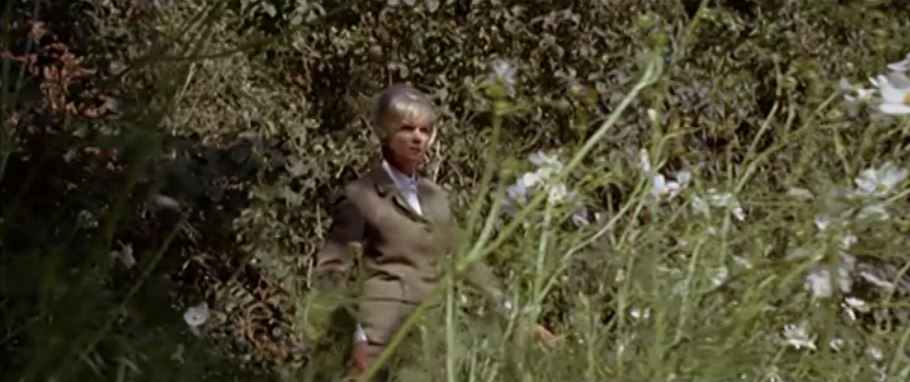
The film racked up a lot of points against The Giallo Score criteria, putting it in the high 60s along with Bava’s first two Gialli. Once again, this is not a coincidence since it is widely known within the circles of film historians that Bava is the actual writer of the screenplay, despite the credit going to Margheriti. Many of the tropes established in Blood and Black Lace are on display here, and although I initially found the “Jill” character to be annoying, she quickly grew on me as the amature detective of the film.
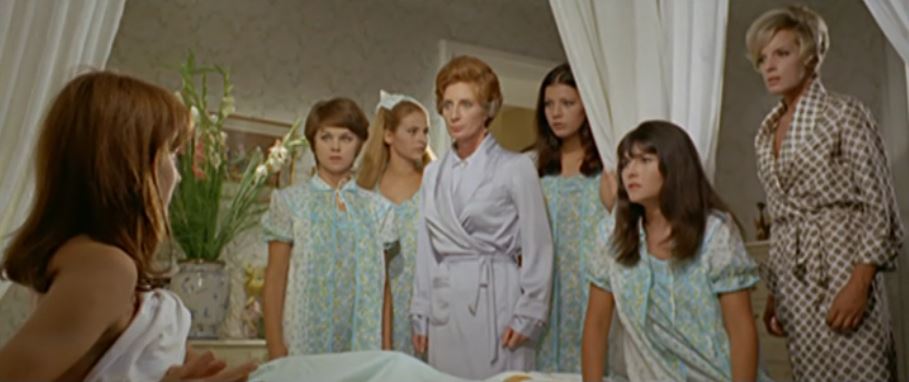
Naked You Die is a must-see for anyone interested in the history of the Giallo film. It’s an entertaining, not-so-serious mystery, with gorgeous visuals, fast pacing, and a great twist ending. But it’s also a classic example of imitation as the sincerest form of flattery, a proverb that applies to many of the post-1970 films in the genre.

